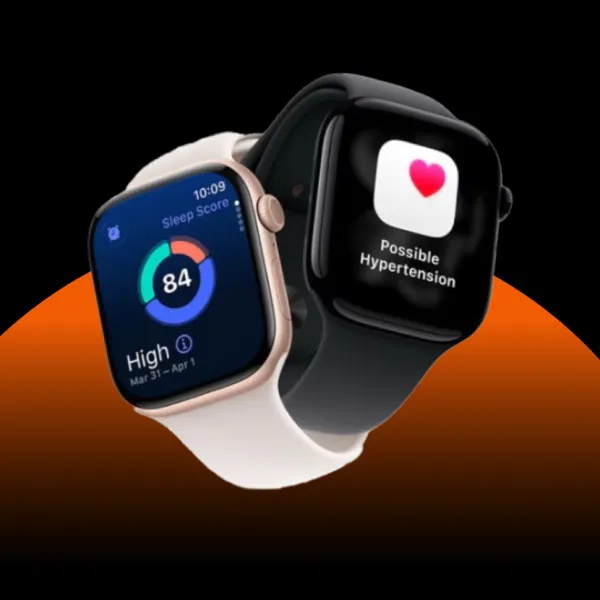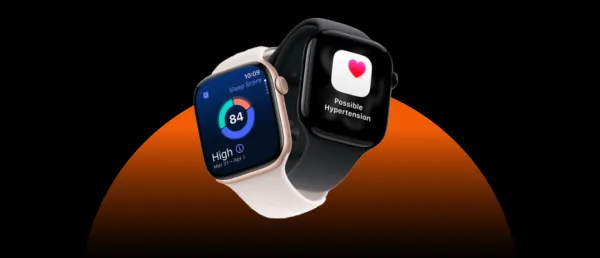Apple to Launch Health-Tracking AirPods by 2026

Building on the success of the Apple Watch, the planned upgrades for AirPods come as part of Apple’s strategy to expand its wearable tech portfolio in response to growing demand for health-focused devices.
Apple is set to bring health-tracking features to its AirPods by 2026, a move aimed at positioning the device as a key tool in personal health management.
Building on the success of the Apple Watch, the planned upgrades for AirPods come as part of Apple’s strategy to expand its wearable tech portfolio in response to growing demand for health-focused devices.
Shipments for AirPods are projected to rise from 48 million units in 2023 to 68 million by 2026, with Goertek—Apple’s primary production partner—securing the New Product Introduction (NPI) for the 2026 model.
The partnership marks a steady supply chain recovery for Goertek after earlier supply issues that disrupted orders.
By adding health features to AirPods, Apple aims to strengthen its ecosystem and compete in the wearable health market, where consumer interest in integrated health tools continues to rise.
Hearing Health Features on AirPods Pro 2
The tech giant had also unveiled new hearing health features for AirPods Pro 2, introducing a comprehensive solution that includes active Hearing Protection, a clinically validated Hearing Test, and an over-the-counter Hearing Aid mode.
The Hearing Test feature allows users to assess their hearing health directly through the AirPods Pro 2, with results securely stored in the Health app.
If hearing loss is detected, the device can automatically enable the Hearing Aid mode, providing an immediate solution without the need for a traditional hearing aid.
This approach is expected to receive marketing authorization from global health authorities soon, with availability planned in over 100 countries, including the US, Germany, and Japan, this fall.
Apple recently unveiled the iPhone 16 and iPhone 16 Plus, along with the iPhone 16 Pro and iPhone 16 Pro Max.
Stay tuned for more such updates on Digital Health News





























